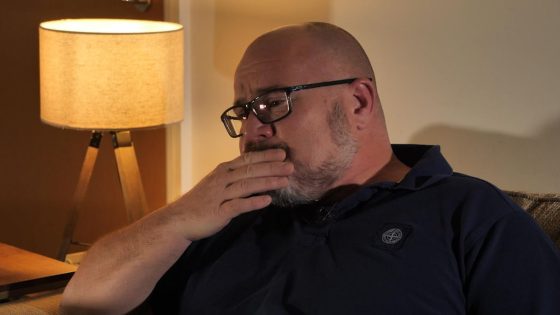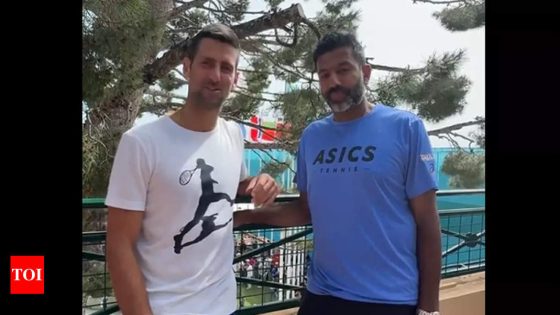Families of more than 300 victims of the infected blood scandal are calling on the government to make changes to the compensation scheme, claiming they are being “excluded” from the current guidelines.
Thousands became infected with HIV and hepatitis C through contaminated blood products in the 1970s and 1980s, with more than 3,000 known to have died so far.
After a public inquiry into the scandal concluded last year, the government announced the creation of the Infected Blood Compensation Authority (IBCA), an arm’s length body that would manage the payments to victims and their families.
However, speaking to Sky News a member of the Tainted Blood – Siblings and Children group says their concerns about the proposed scheme have not been addressed.
As it currently stands, there are three ways in which the sibling of a victim would be eligible for payment: If, while under the age of 18, they lived in the same household as an infected person for a period of at least two years after the onset of the infection, if they acted as their carer, or if they are entitled to the proceeds from property owned by their infected relative.
These proposals are why people like Richard Newton, who lost his brother Mark to HIV in 1989 feel anger. He says he has written to the IBCA on multiple occasions.
Speaking to Sky News, he said: “We’re being given the silent treatment by the government. We’re being swept under the rug and not listened to.
Rich was just 11 when Mark died from infected blood products.
He said: “Everything in my life changed, I was severely bullied at school because kids thought I had the lurgy and my parents couldn’t cope. I wasn’t getting any help.”
The following year, Rich was sectioned under the Mental Health Act at 12.
Now, as an adult, Mark is still affected by childhood trauma more than 30 years on.
He added: “I learned in therapy that I had trust issues, I had trauma bond issues, I had co-dependency issues, I’d been trying my whole life to find a brother.
“The effect on my family and I is catastrophic beyond my comprehension.”
In response to the current state of the scheme, Rich said: “I have absolutely no idea where that information comes from. Does my brother stop becoming my brother in under two years? Does my brother stop becoming my brother because he had a different infection to somebody else?
Des Collins, senior partner at Collins Solicitors, who represented over 1,500 victims has also expressed concerns about the current scheme.
Read more from Sky News:
Former Met officer jailed for stealing from dead man’s wallet
Russia expels six British diplomats for ‘spying’
“What should happen is that someone should sit down and look very carefully at the regulations which are going to come out,” he said.
“We’re told, in the early part of next year, [to] see to what extent they can be adjusted to give more prominence to the position in which Richard finds himself. Now, whether that is going to happen or not, we just don’t know.”
In response, a government spokesperson said: “No amount of compensation can fully address the suffering as a result of this scandal, but we are doing everything possible to deliver life-changing sums to people infected and affected.
“While we can’t comment on individual cases, the compensation scheme does make provisions for siblings in a range of circumstances to apply.
“The compensation scheme, which is established in law, is based on recommendations from the Infected Blood Inquiry, Sir Robert Francis KC, and a group of healthcare and legal experts.”
Source Agencies




